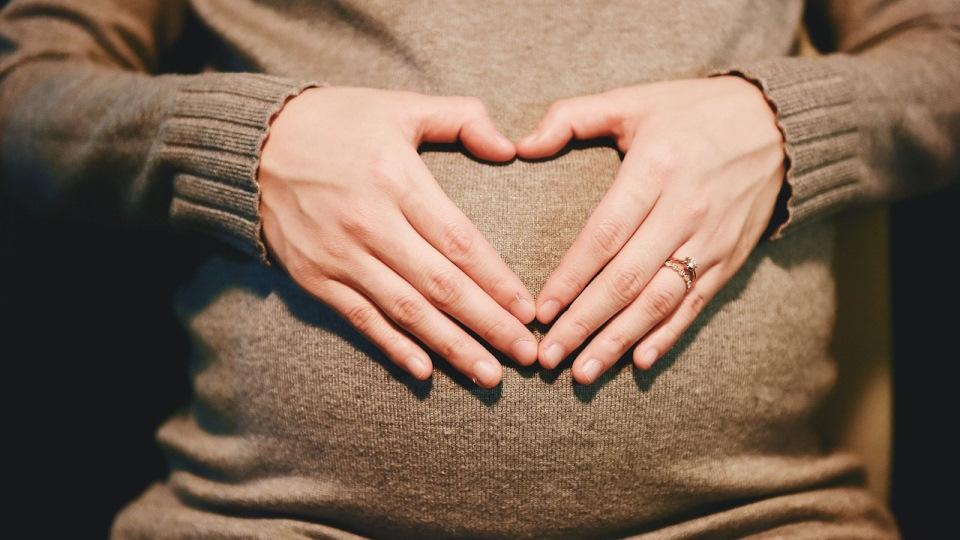Smartphone app cuts racial disparity in post-birth care

Remote monitoring of blood pressure in women who have just given birth using a smartphone app can eliminate a disparity in care between Black and White patients, according to a new clinical trial in the US.
The American College of Obstetricians and Gynaecologists recommends closely monitoring women with hypertensive disorders for the first 72 hours after they give birth, with further checks seven to 10 days after delivery.
However, there is a well-documented racial gap in achieving this objective in the US, with non-Black women twice as likely to return for an in-person blood pressure check shortly after discharge compared with Black women, according to studies.
Moreover, Black women suffer a disproportionate amount of hypertensive-related complications in the postpartum period. They are three times more likely than White women to die of preeclampsia – a condition associated with pregnancy characterised by high blood pressure and high levels of protein in urine, indicating kidney damage.
The new study involved 197 women with high blood pressure during their pregnancy or after they had given birth, who were randomised either to regular in-office follow-up or remote monitoring using a smartphone app – BabyScripts’ myBloodPressure – and Internet-connected blood pressure cuff.
The latter group self-recorded their blood pressure levels in the 10 days after being discharged, with the data captured automatically and sent to their healthcare provider.
At the end of that period, the researchers found that the app not only tackled the disparity between Black and White patients in having their blood pressure levels checked but also increased the proportion of women who met monitoring targets overall.
In the in-office group, blood pressure levels were monitored effectively in 41% of Black women and 70% of White women at the 10-day mark. With the app, effective monitoring in both groups reached the same level of 93%.
“Hypertension is a growing contributor to maternal mortality,” according to Dr Lauren Demosthenes, senior medical director of Babyscripts and a co-author of the study, which has been published in the Obstetrics & Gynecology journal.
“Pregnant women are now more likely to suffer from hypertension than their mothers, not to mention the long-term risks of cardiovascular issues,” she said.
Many women fail to attend their recommended seven- to 10-day follow-up visit, for example, due to the pressures of dealing with a new baby and a lack of support at home, and “remote monitoring can reach those mothers where they are and keep them from slipping through the cracks,” she added.












